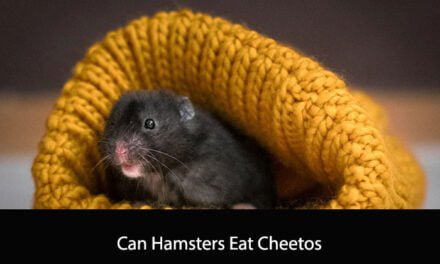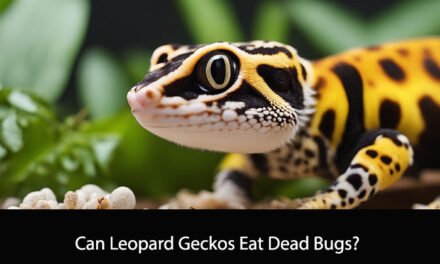Leopard geckos are a popular pet choice for reptile enthusiasts due to their unique appearance and relatively easy care requirements. However, many owners may wonder if it is safe to feed their leopard gecko wild grasshoppers. After all, grasshoppers are a common prey item for leopard geckos in the wild, but is it safe to replicate this in captivity?
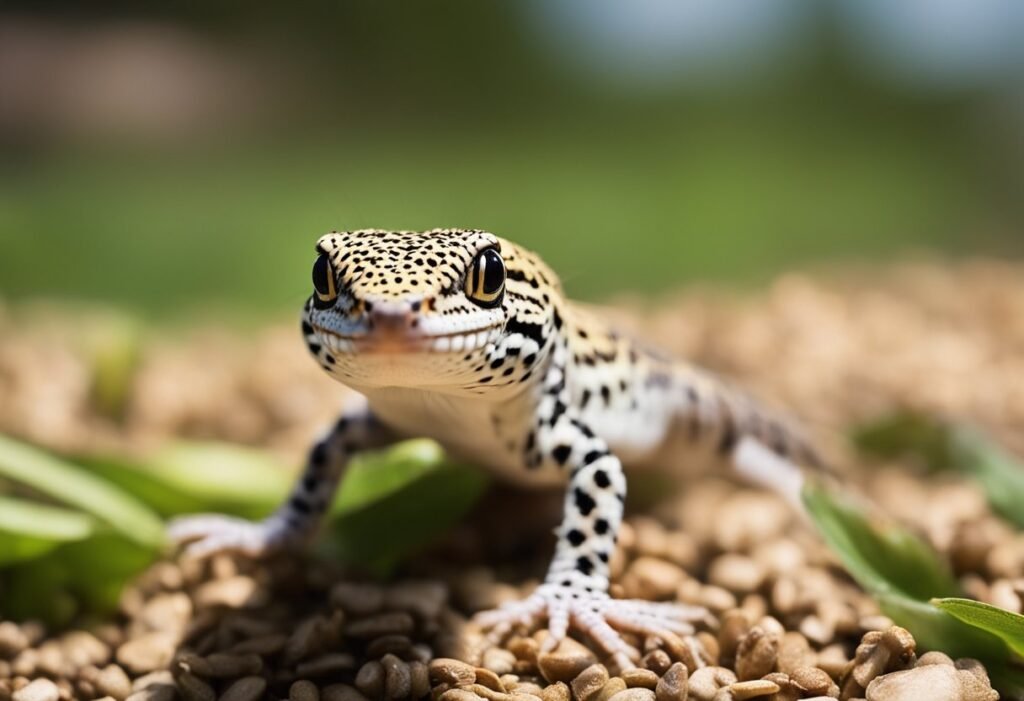
Leopard geckos are carnivorous and require a diet that consists primarily of insects. While they can be fed a variety of commercially available insects such as crickets and mealworms, many owners may want to provide their gecko with a more varied diet. Wild caught insects, such as grasshoppers, may seem like a good option, but there are some important factors to consider before offering them to your leopard gecko.
Can Leopard Geckos Eat Wild Grasshoppers
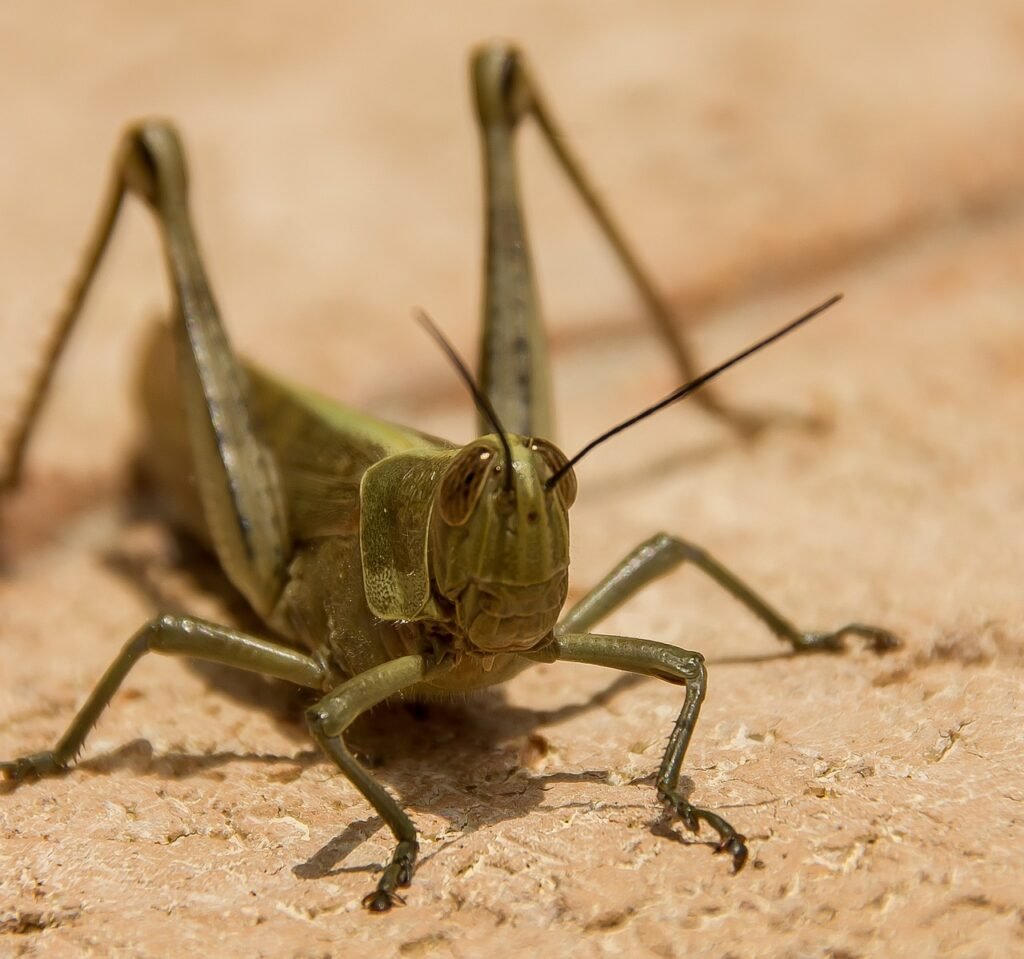
Leopard geckos are insectivores and require a diet rich in protein. They can eat a variety of insects, including crickets, mealworms, waxworms, and superworms. But can they eat wild grasshoppers?
The answer is yes, leopard geckos can eat wild grasshoppers. However, it is important to note that not all grasshoppers are safe for leopard geckos to consume. Some species of grasshoppers may contain toxins that can harm or even kill your pet.
Before feeding your leopard gecko a wild grasshopper, it is important to identify the species and ensure that it is safe for consumption. It is recommended to avoid feeding your leopard gecko grasshoppers that have been exposed to pesticides or other chemicals.
It is also important to note that wild grasshoppers may not provide a complete and balanced diet for your leopard gecko. It is recommended to offer a variety of insects to ensure that your pet is receiving all the necessary nutrients.
In conclusion, leopard geckos can eat wild grasshoppers, but it is important to exercise caution and ensure that the grasshoppers are safe for consumption. It is also important to offer a variety of insects to provide a balanced diet for your pet.
Leopard Gecko Dietary Basics
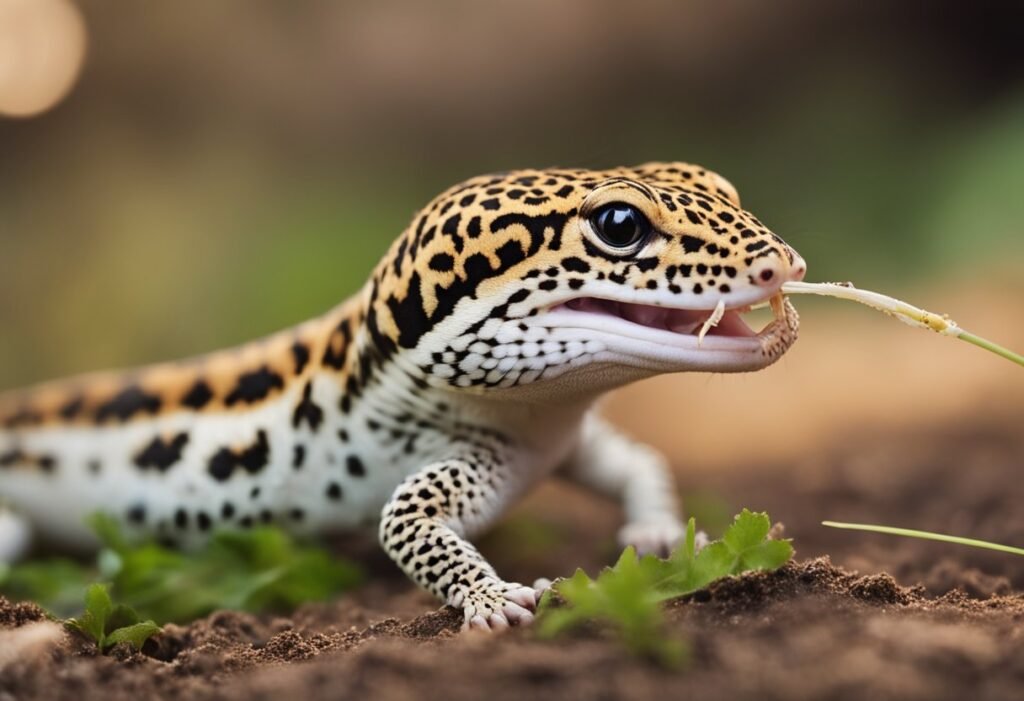
Natural Prey and Diet
Leopard geckos are insectivores and in the wild, they primarily feed on insects like crickets, mealworms, and waxworms. They are also known to eat other small invertebrates like spiders and beetles. However, it is important to note that they do not eat plants or vegetables.
Nutritional Requirements
Leopard geckos require a balanced diet to maintain their health and wellbeing. They need a source of protein, fat, and fiber in their diet. Insects provide a good source of protein and fat, while fiber can be obtained from the exoskeleton of the insects they eat.
It is important to provide a varied diet to ensure that the gecko gets all the necessary nutrients. Feeding only one type of insect can lead to nutritional deficiencies. Additionally, it is recommended to dust the insects with calcium and vitamin D3 supplements to prevent bone disorders.
While leopard geckos may eat wild grasshoppers, it is important to ensure that the grasshoppers are not contaminated with pesticides or other harmful chemicals. It is also important to note that feeding wild-caught insects may increase the risk of parasitic infections. Therefore, it is recommended to feed captive-bred insects to leopard geckos.
Considering Wild Grasshoppers
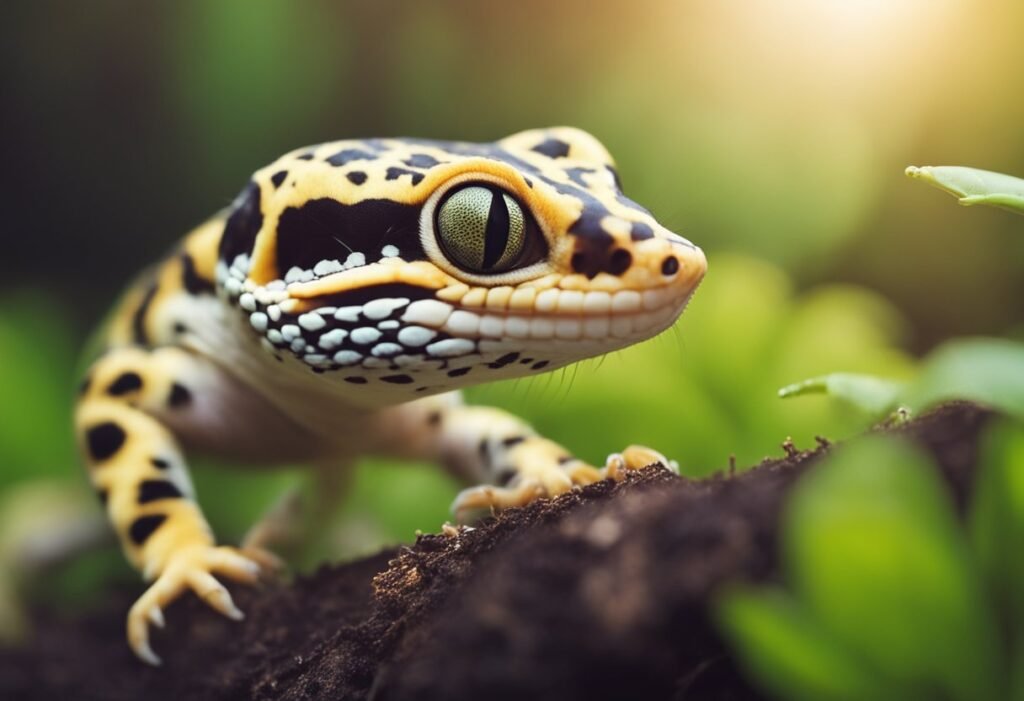
Leopard geckos are known to eat a variety of insects, including wild grasshoppers. While feeding leopard geckos wild grasshoppers may seem like a natural and cost-effective option, there are some potential risks that should be taken into consideration.
Potential Risks
Wild grasshoppers may carry diseases or parasites that could be harmful to leopard geckos. Additionally, the nutritional content of wild grasshoppers may vary depending on their diet and environment. Therefore, it is important to ensure that the grasshoppers are from a clean and safe source before feeding them to leopard geckos.
Parasite Transmission
Wild grasshoppers may carry parasites that can be transmitted to leopard geckos. These parasites can cause a variety of health problems, including digestive issues and infections. To minimize the risk of parasite transmission, it is recommended to quarantine any new insects before feeding them to leopard geckos.
Pesticide Exposure
Wild grasshoppers may be exposed to pesticides or other harmful chemicals in their natural environment. These toxins can accumulate in the grasshoppers’ bodies and be passed on to leopard geckos when they are consumed. To avoid pesticide exposure, it is recommended to only feed leopard geckos insects that have been raised specifically for reptile consumption.
In conclusion, while it is possible for leopard geckos to eat wild grasshoppers, there are potential risks that should be taken into consideration. It is important to ensure that the grasshoppers are from a clean and safe source and to minimize the risk of parasite transmission and pesticide exposure.
Safe Feeding Practices
Quarantine and Gut-Loading
Before feeding any wild insects, it is important to quarantine them for at least 24 hours to ensure that they are not carrying any parasites or diseases. This can be done by placing them in a separate container with food and water. During this time, the insects should also be gut-loaded with nutritious food to enhance their nutritional value. Some good options for gut-loading include fresh greens, fruits, and vegetables.
Supplementing Diet
While wild grasshoppers can be a good source of protein for leopard geckos, they should not be the sole source of nutrition. It is important to supplement their diet with other foods to ensure that they are receiving all of the necessary nutrients. Calcium and vitamin D3 supplements are especially important for maintaining healthy bones and preventing metabolic bone disease.
In summary, feeding leopard geckos wild grasshoppers can be a safe and nutritious option as long as proper feeding practices are followed. Quarantining and gut-loading the insects, as well as supplementing the gecko’s diet, can help ensure that they are receiving a balanced and healthy diet.
Alternatives to Wild Grasshoppers
Commercially Raised Prey
While wild grasshoppers may be a tempting food source for leopard geckos, they are not always readily available or safe to consume due to potential exposure to pesticides and other toxins. Fortunately, there are many commercially raised prey options that provide a safe and convenient alternative.
One popular option is crickets, which are widely available and easy to find at pet stores or online retailers. They are also a good source of protein and other essential nutrients for leopard geckos. Other commercially raised prey options include mealworms, waxworms, and superworms, which can provide a diverse and balanced diet for your pet.
Diverse Diet Benefits
In addition to commercially raised prey, leopard geckos can also benefit from a diverse diet that includes a variety of insects and other foods. This can help ensure that they receive all the necessary nutrients and vitamins needed for optimal health and growth.
Some other foods that can be included in a leopard gecko’s diet include pinkie mice, silk worms, and hornworms. It’s important to note that while these foods can be beneficial, they should be offered in moderation and as part of a balanced diet.
Overall, while wild grasshoppers may seem like a natural and appealing food source for leopard geckos, there are many safe and convenient alternatives available. By providing a diverse and balanced diet, you can help ensure that your pet stays healthy and happy.
Frequently Asked Questions
Are wild grasshoppers safe for leopard geckos to consume?
Leopard geckos can eat wild grasshoppers, but it is important to note that not all wild-caught insects are safe for consumption. Wild grasshoppers may carry parasites or harmful bacteria that can make your leopard gecko sick. It is important to properly identify the species of grasshopper and ensure that it is safe for your leopard gecko to eat.
What risks are associated with feeding leopard geckos wild-caught insects?
Feeding your leopard gecko wild-caught insects can pose several risks. Wild-caught insects may carry parasites or harmful bacteria that can make your leopard gecko sick. Additionally, wild-caught insects may have been exposed to pesticides or other chemicals that can be harmful to your leopard gecko. It is important to properly identify and prepare any wild-caught insects before feeding them to your leopard gecko.
Is there a difference between captive-bred and wild grasshoppers for leopard gecko diets?
There is no significant difference in terms of nutrition between captive-bred and wild grasshoppers for leopard gecko diets. However, wild-caught insects may pose a higher risk of carrying parasites or harmful bacteria.
What should be considered before offering wild grasshoppers to leopard geckos?
Before offering wild grasshoppers to your leopard gecko, it is important to properly identify the species of grasshopper and ensure that it is safe for consumption. Additionally, wild-caught insects should be properly prepared and cleaned to reduce the risk of parasites or harmful bacteria.
How can I ensure wild grasshoppers are safe for my leopard gecko to eat?
To ensure that wild grasshoppers are safe for your leopard gecko to eat, it is important to properly identify the species of grasshopper and ensure that it is safe for consumption. Additionally, wild-caught insects should be properly prepared and cleaned to reduce the risk of parasites or harmful bacteria.
What alternative feeder insects can be provided to leopard geckos?
There are several alternative feeder insects that can be provided to leopard geckos, including crickets, mealworms, and dubia roaches. These insects are readily available and are often safer to feed than wild-caught insects.


